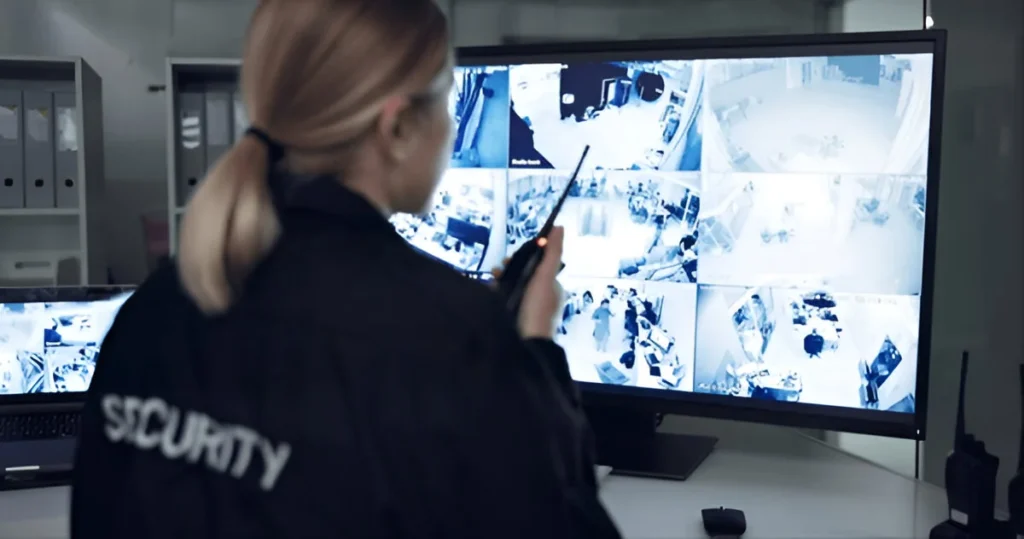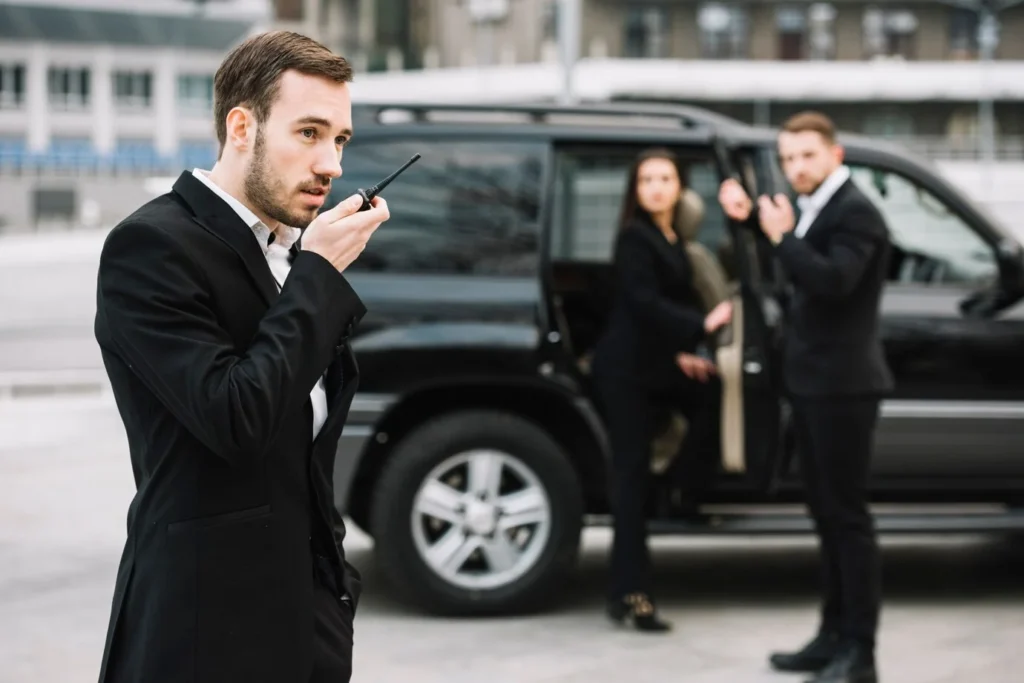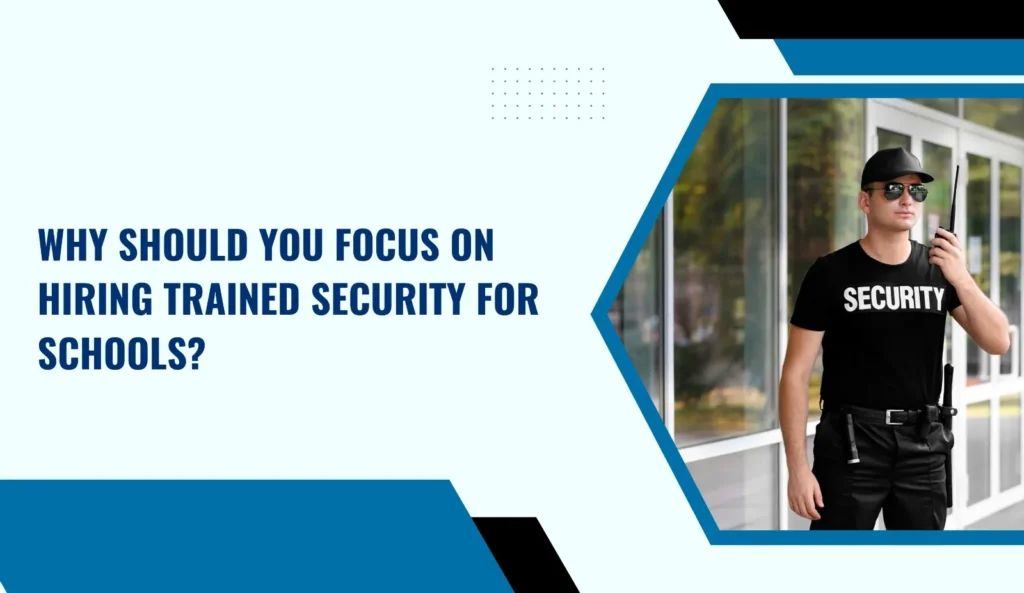-
Motilal Colony , Dumdum, Kolkata 700079
Understanding Legal Powers and Limitations of Security Guards
Home | Blogs | Understanding Legal Powers and Limitations of Security Guards

By Royal
March 29, 2025
Understanding Legal Powers and Limitations of Security Guards
Ensure ethical and legal security service with a reputed security company. Learn about the powers and limitations of security guards.
Security guards play a crucial role in maintaining safety and order in various environments, from commercial spaces to residential communities. However, while they provide essential security services, they do not possess the same legal authority as law enforcement officers. Understanding the legal powers and limitations of security guards is essential for both professionals in the field and those who rely on their services.
Table of Contents

The Legal Powers of Security Guards
Security personnel operate within a defined legal framework, which varies based on the region, industry, and specific duties assigned. Their primary responsibilities include crime prevention, property protection, and ensuring the safety of individuals within their jurisdiction. However, their powers are limited compared to police officers.
1. Detaining a Suspect (Citizen’s Arrest)
Security guards do not have the power to arrest someone in the same way law enforcement does. However, they can perform a citizen’s arrest under specific conditions:
- The suspect is caught in the act of committing a crime.
- The crime is serious enough to warrant an arrest (e.g., theft, trespassing, vandalism).
- The guard uses reasonable force and immediately informs the police.
2. Right to Request Identification
Security guards can ask individuals for identification within a private property or restricted area. However, individuals are not always legally required to comply unless mandated by specific laws in that jurisdiction.
3. Use of Reasonable Force
While security personnel can use force to defend themselves or detain an offender, the law strictly limits excessive force or violence. They are trained to use only the minimum amount of force necessary to handle a situation.
4. Conducting Searches
Security guards cannot conduct searches unless:
- They receive explicit consent from the individual.
- It is a condition of entry into a private venue (e.g., shopping malls, stadiums, or clubs).
- It is a legal requirement, such as security checks at airports or high-risk facilities.
5. Surveillance and Monitoring
Guards can legally monitor activities through CCTV cameras, patrols, and manual supervision. However, laws often restrict surveillance in sensitive areas, such as restrooms or private residences, to ensure personal privacy.

The Limitations of Security Guards
While security guards have significant responsibilities, they also have legal boundaries that they must adhere to:
1. No Police Authority
Security guards cannot:
- Arrest someone unless it qualifies as a citizen’s arrest.
- Carry firearms without proper licenses and training (varies by location).
- Interrogate individuals beyond basic questioning.
2. Limited Jurisdiction
Security guards have authority only within the property they are hired to protect. Their powers do not extend beyond the premises they are assigned to secure.
3. No Right to Use Deadly Force
Unlike law enforcement, security guards cannot use deadly force unless it falls under extreme self-defense situations. Even then, their actions must comply with the law.
4. Cannot Violate Personal Rights
Security guards must respect personal freedoms, including:
- No unlawful detention – Holding someone without just cause is illegal.
- No discrimination – They must treat all individuals fairly and professionally.
- No harassment or intimidation – Forceful or threatening behavior is not permitted.
Importance of Training and Legal Awareness
To provide effective security service, security personnel must undergo extensive training to understand their legal responsibilities and limitations. A well-trained security team ensures that:
- They follow ethical security practices.
- They handle situations professionally without legal violations.
- They protect property and people efficiently while staying within legal boundaries.
Why Legal Compliance Matters in Security Service
Security agencies that do not train their guards in legal compliance risk:
- Lawsuits due to wrongful detention, excessive force, or rights violations.
- Loss of credibility in the security industry.
- Operational disruptions due to legal penalties.
The Role of a Professional Security Agency
Hiring a security service provider that prioritizes legal compliance ensures:
- Security personnel are well-trained in legal procedures.
- Protection services follow ethical and professional standards.
- Property and people remain safe without unnecessary legal risks.

FAQs
1. Can security guards carry weapons?
This depends on local laws. Some security guards can carry licensed firearms or batons, but only after obtaining special permits and training.
2. Are security guards allowed to physically remove someone from a property?
Yes, but only if the individual refuses to leave after being lawfully asked to do so and is disrupting safety or operations.
3. Can security guards stop and frisk people?
No, unless the individual consents, it is a condition of entry, or specific laws permit it in certain environments (e.g., airport security).
4. Do security guards have the authority to issue fines?
No, security guards cannot issue fines or legal penalties. Only law enforcement and authorized government bodies can do so.
5. What happens if a security guard exceeds their legal authority?
If a guard violates legal boundaries, they may face lawsuits, job termination, or even criminal charges. Proper training is essential to prevent such issues.
Legal Boundaries in Security: Ensuring Safety with Compliance
Understanding the legal powers and limitations of security guards is essential for both security professionals and the people they serve. While security personnel play a vital role in maintaining safety, they must operate within legal frameworks to ensure ethical and lawful security service. Hiring a professional security provider that values legal training and compliance ensures peace of mind for businesses and individuals.
For expert security solutions that prioritize professionalism and legal compliance, trained security personnel ensure the protection of assets effectively.



